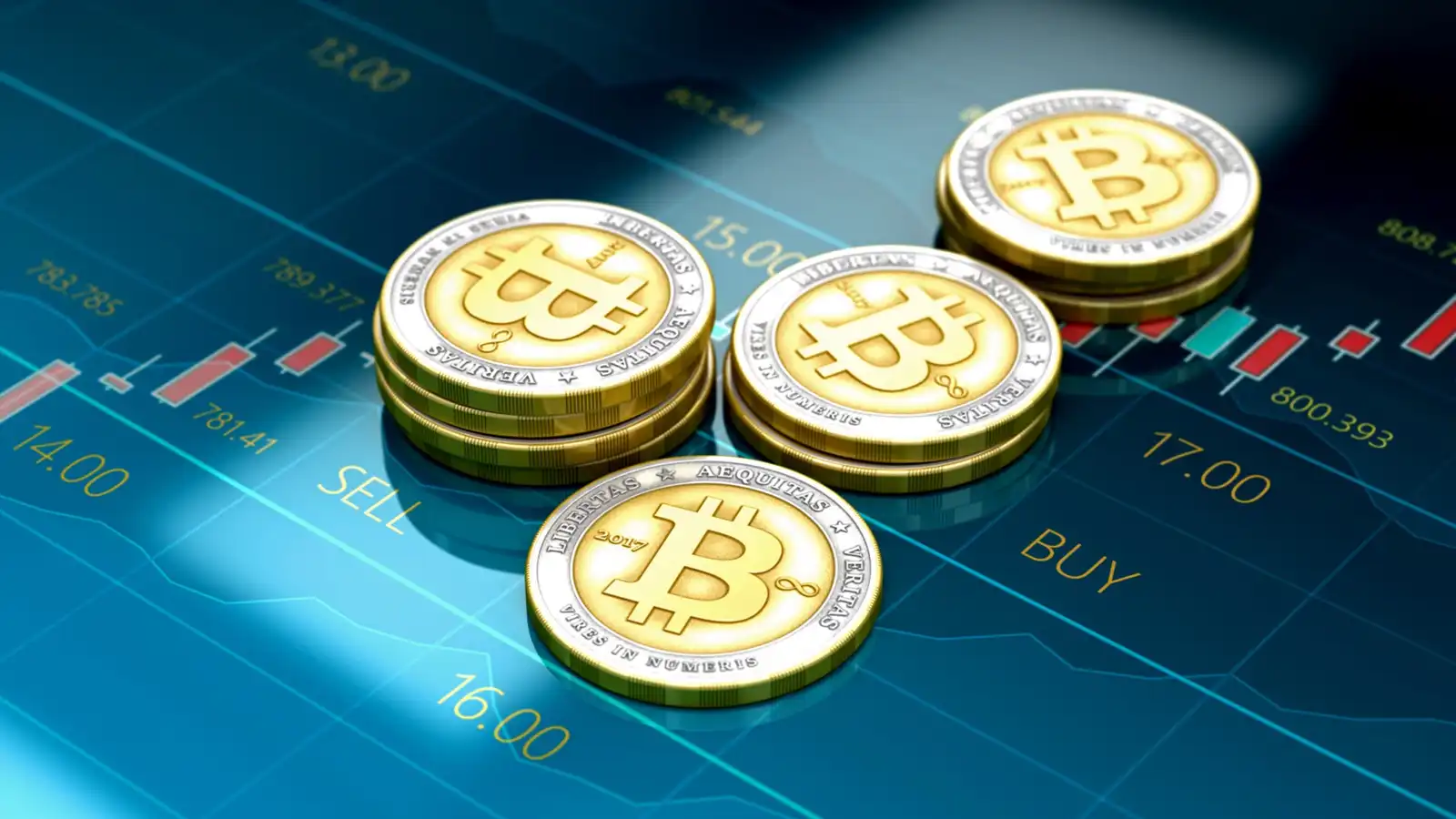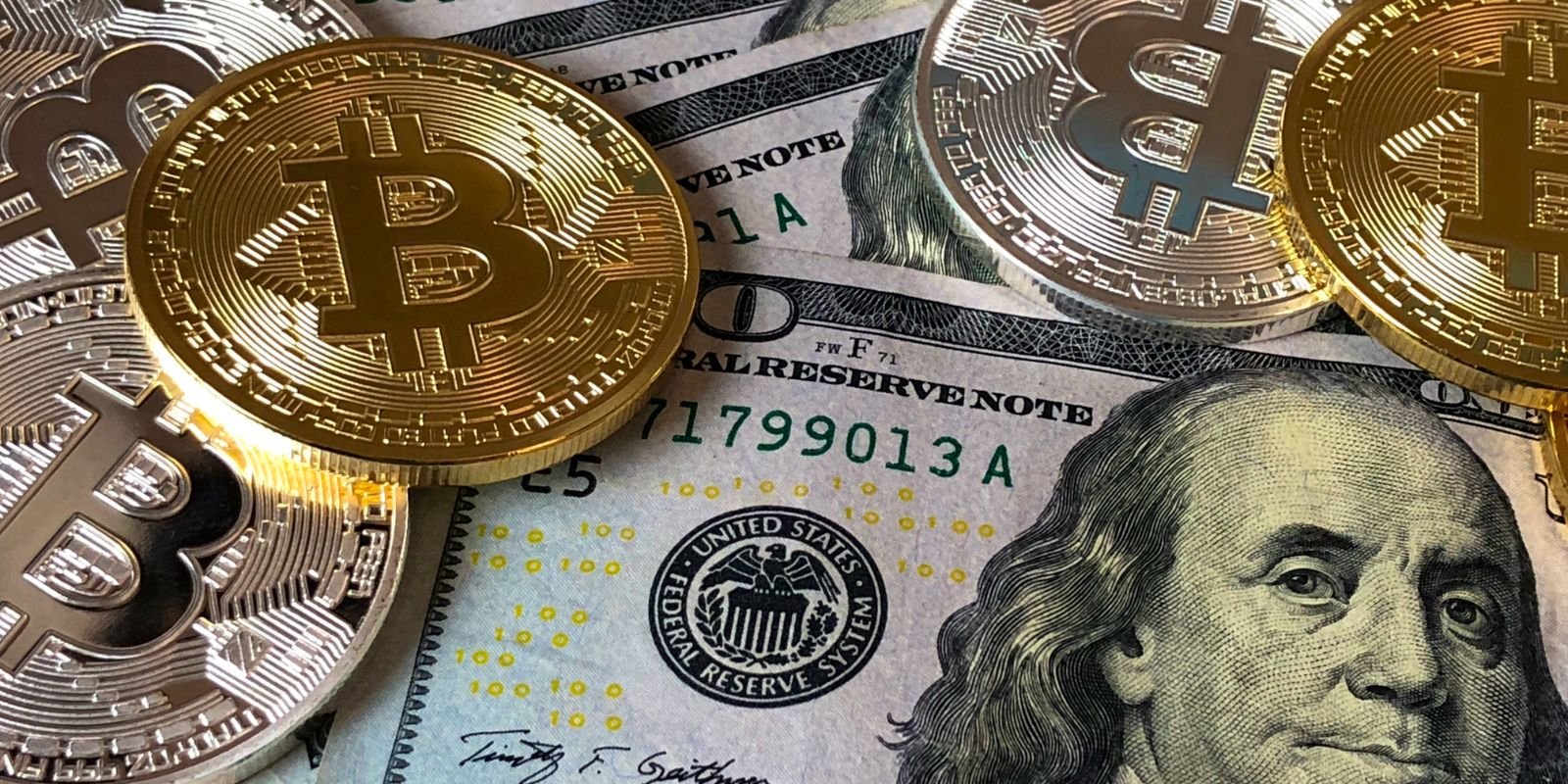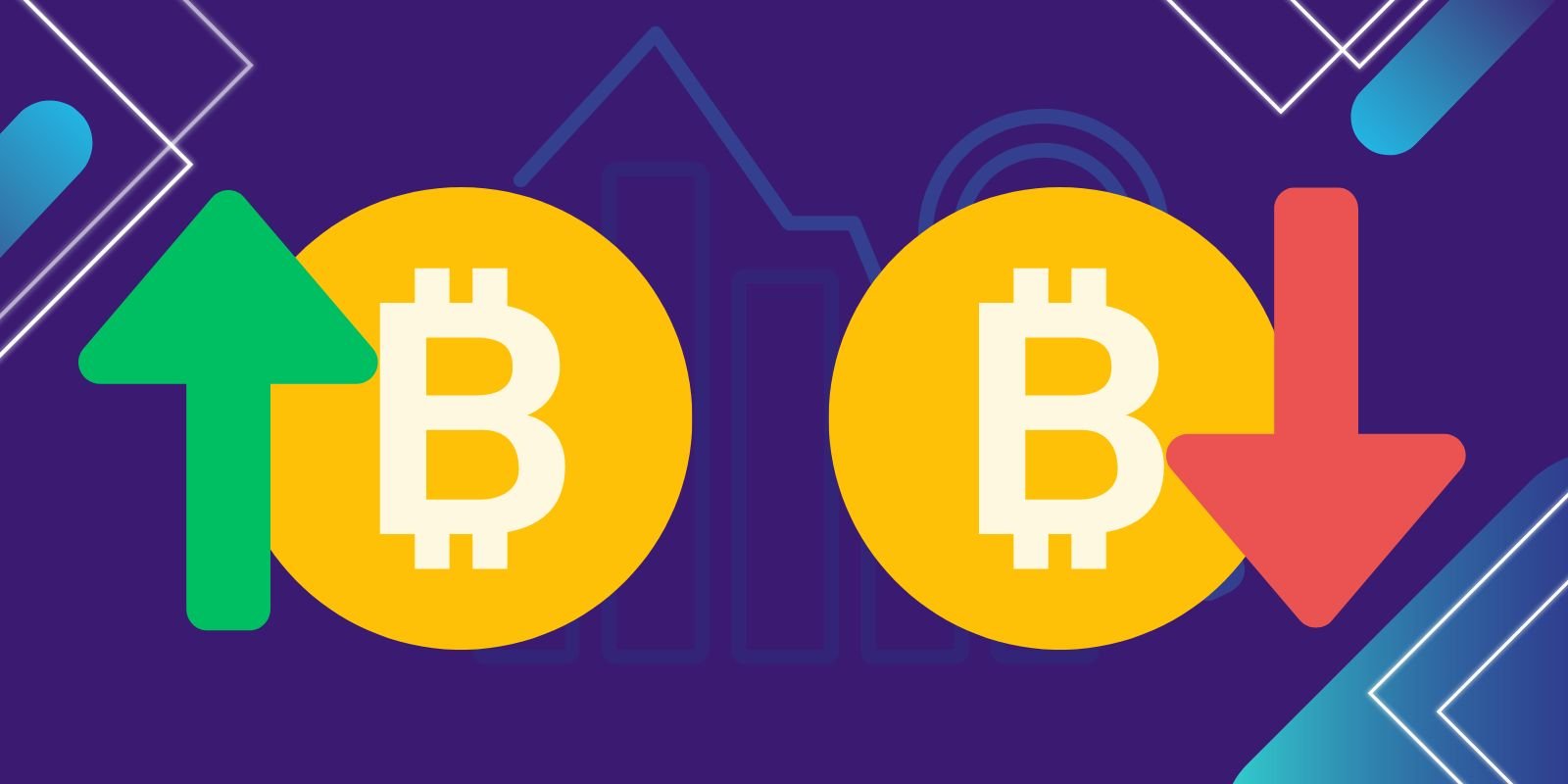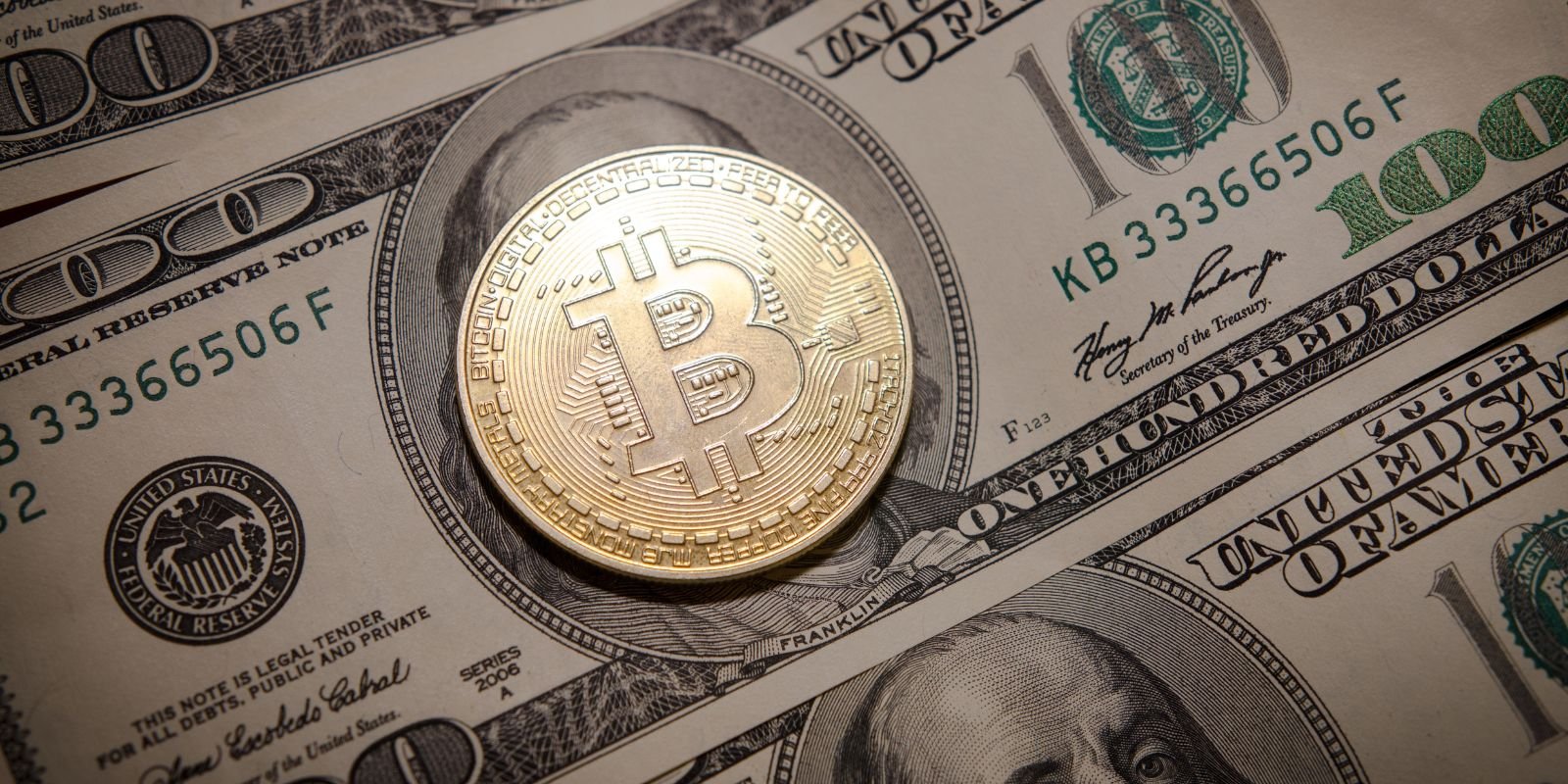Bitcoin’s asynchronous structure allows for transactions to take place without a central authority. This lack of a central clearing house has caused some confusion over how long a bitcoin transaction actually takes. Although there have been some delays in processing times, the average transaction still only takes a few minutes. In this blog post, we will find out how long a Bitcoin transaction takes as well as let’s take a look at why this happens and compare it to other methods of payment.
Overview of Bitcoin transactions
Bitcoin transactions are decentralized digital processes where users can exchange value without relying on a financial institution or middleman. The entire network of miners checks the validity of each transaction and it generally takes 10 minutes to an hour for these transactions to complete, based on the magnitude and amount of traffic.
Bitcoin transactions require two pieces of information: a public address, which is usually a random string of letters and numbers linked to each user’s wallet, and a private key that grants access to the funds associated with this address. Digital signatures also provide additional security for bitcoin owners as they need to be typed in to complete each transaction. Bitcoin transactions allow for seamless peer-to-peer payments quickly across borders without having to worry about inflation or exchange rates; thus understanding how Bitcoin transactions function is essential for any potential user.
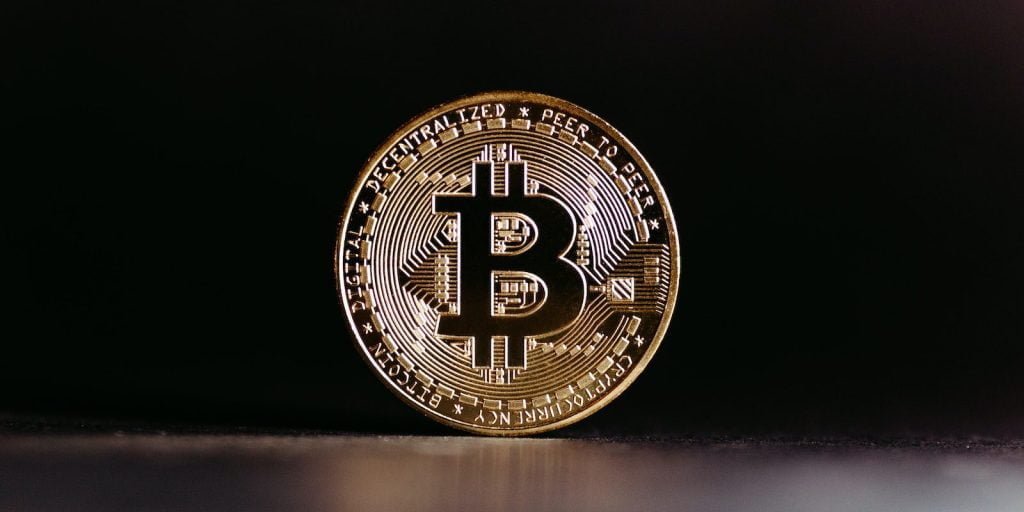
How long does a bitcoin transaction take to process
Bitcoin transactions are closely monitored and tracked, so processing times can vary. Generally, once a transaction is initiated, the network will generate six confirmations to verify the details, though this timeline may be longer depending on the amount being sent and the fees associated with it. Usually, a Bitcoin transaction can take as quickly as 10 minutes but can take up to several hours in some cases. It’s important to understand that once a transaction is broadcasted onto the blockchain network, it is irreversible no matter how long it takes for it to process. As such, verifying all the details of a transaction is paramount in ensuring an effective and secure transfer of funds with Bitcoin transactions.
How Long Does a Bitcoin Transaction Confirmation Take?
When making a transaction with Bitcoin, the transaction is not considered complete until it has gone through multiple confirmations on the network. The confirmation time for a transaction typically ranges from a minute up to an hour. This length of time depends on the activity on the Bitcoin network at any given moment and the transaction fee attached to the transaction. The higher transaction fees increase the priority of processing that transaction and decrease confirmation time. Consequently, if you have a low transaction fee attached your transaction may take longer to be confirmed. Therefore, if you’re using Bitcoin for an important transaction such as buying an item online, it’s wise to attach a higher fee to ensure faster processing of the transaction so that it can be completed more quickly.
How to check if a Bitcoin transaction Is verified?
Checking whether a Bitcoin transaction has been verified is relatively straightforward and can be done with several methods. Using a blockchain explorer, users can enter the specific transaction’s identification number or hash code to easily verify that it has been verified on the blockchain network. Additionally, most wallet services will provide their users with real-time notifications about newly verified transactions, including those made by the user themselves. This makes it easy to ensure that transactions have gone through without any problems. In summary, verifying a Bitcoin transaction is made simpler by two easy methods – examining via a blockchain explorer and receiving automated updates from wallet services.
Why do some bitcoin transactions take longer than others?
Bitcoin transactions take longer to confirm than those of other cryptocurrency networks due to the fact that the Bitcoin network processes them at a much slower rate. This can be attributed to a number of factors, such as the size of the Bitcoin blockchain and the increased amount of blocks that must be fully verified by miners before they can be included in a final blockchain. Additionally, as more people begin to buy or sell Bitcoin in Dubai or any other region and adopt it as an accepted form of payment, transaction demand for processing power increases, causing further congestion throughout the network. Despite these added complexities, more and more individuals are beginning to take advantage of these digital currencies thanks to their overall convenience and secure nature.
Factors that influence Bitcoin transactions
The following factors have a great impact on Bitcoin transactions: 1. The first factor that influences Bitcoin transactions is the number of confirmations required. If too many confirmations are required, people will be less likely to use Bitcoin. 2. The second factor that influences Bitcoin transactions is the amount of time it takes to complete a transaction. If it takes too long to complete a transaction, people will be less likely to use Bitcoin. 3. The third factor that influences Bitcoin transactions is the price of Bitcoin. If the price of Bitcoin goes up, more people will be willing to buy Bitcoins and other parts of the world, and vice versa. 4. The fourth factor that influences Bitcoin transactions is the size of the transaction fee. If the transaction fee is too high, people will be less likely to use Bitcoin. 5. The fifth factor that influences Bitcoin transactions is the level of anonymity offered by the service. If anonymity is important to users, they will be more likely to use a service that offers it.
What can you do to speed up a slow bitcoin transaction?
Bitcoin transactions come at varying speeds, influenced by the number of confirmations required in the blockchain and the transaction fees. You can take steps to speed up slow bitcoin transactions by including a higher transaction fee to make sure that miners prioritize your transaction, or increasing the network bandwidth to reduce processing times. Vaccinating your system against malware and double-checking the memory space can also help prevent congestion on the network. Unconfirmed transactions can be accelerated through acceleration services, although their use should be taken with caution as it requires trusting someone else with your private information. Ultimately, with careful planning, you can take simple procedures to reduce delays and expedite your bitcoin transactions.
How to avoid paying high fees for faster processing times
Paying a high fee for faster processing times can be a difficult dilemma; it feels like you’re stuck between a rock and a hard place. But there are ways to avoid those fees! One strategy is to research the fees associated with the type of processing you need, then shop around and compare different companies. It’s also worth exploring alternate solutions like using electronic payments or digital signatures; both have low or no processing fees. You could also take advantage of any discounts available through your company or through providers in your industry. Finally, consider budgeting ahead so that unexpected fees don’t surprise you later down the line—being proactive will save stress and money in the long run!
Tips for making sure your bitcoin transaction goes through quickly
Here are some tips that can help you in making Bitcoin transactions quickly
1. Use a reputable bitcoin exchange
When you’re ready to buy or sell cryptocurrency in Dubai or somewhere else, especially Bitcoin, choose a reputable bitcoin exchange like Coinbase or Kraken. These exchanges are created with both convenience and efficiency in mind, providing a plethora of features that will ensure you get the most out of every bitcoin transaction.
2. Choose the right type of wallet
Security and usability should both be taken into consideration when selecting a wallet. Hot wallets are connected to the internet, making them susceptible to cyberattacks; however, they may be easier to use than cold wallets which remain offline but offer enhanced security measures. Determine what is best for you depending on your needs and preferences.
3. Make sure you have enough bitcoin
When you’re prepared to send money, ensure that your bitcoin wallet has sufficient funds to cover the amount. As some Bitcoin transactions can be costly, make certain you don’t pay more in fees than what is being transferred!
4. Check the transaction fee
Before sending a transaction, inspect the fee that will be charged. Fees can differ depending on which exchange you’re utilizing and how much bitcoin is being dispatched. By inspecting the fees beforehand, you can ensure that your fees are not excessive.
5. Double-check the recipient’s address
When you’re sending a transaction, double-check the recipient’s bitcoin address to ensure that you’re sending it to the right place. A single typo could result in your bitcoin being sent to the wrong person, so it’s important to be careful when entering addresses.
How does the hash rate affect Bitcoin transactions?
The hash rate of a Bitcoin network directly affects the speed and security of transactions. Put simply, a higher hash rate means that blocks are found at a faster rate, which leads to shorter transaction confirmation times. As the hash rate increases, more miners join the network and this adds further computing power to complete new Bitcoin transactions in less time without any delays or backlogs. In addition to its direct effect on transaction processing times, a higher hash rate can also make it much harder for hackers and malicious actors to tamper with Bitcoin’s blockchain records since such an attack would require significant computational power—power which is provided by individual miners who collectively compose the network’s global hash rate. This makes it impossible for attackers to carry out double-spend attacks as well as other 51% attack types involving long chain reorganizations/rollbacks at normal difficulty levels.
Why hash rates have been increasing over the years?
Hash rates have increased steadily over the years due to advancements in technology but also because more people are now involved in cryptocurrency mining activity than ever before—increasingly large numbers of miners contribute towards a higher collective global hashing power resulting in improved security and reduced transaction fees over time since fewer BTC will enter circulation via rewards from Bitcoin halving.
How to get a stuck Bitcoin transaction unstuck
For those overwhelmed by Bitcoin fees and mysterious slow-moving transactions, there might be hope. Not only can you sometimes trace a stuck transaction to its source and rectify the issue; following are some pro strategies to break through Bitcoin’s sometimes-irritable blockchain traffic jam.
1. Use an off-chain solution
One way to break through Bitcoin’s blockchain traffic jam is to use an off-chain solution. Off-chain solutions are transactions that take place outside of the Bitcoin blockchain. While this means that they are not recorded on the blockchain, they can still be used to send and receive Bitcoin.
2. Use a different cryptocurrency
Another way to break through Bitcoin’s blockchain traffic jam is to use a different cryptocurrency. Cryptocurrencies such as Litecoin and Ethereum have faster transaction times than Bitcoin, so they may be better suited for your needs.
3. Wait it out
If you don’t need to make a transaction immediately, you can simply wait it out. The Bitcoin blockchain can sometimes take a while to process transactions, so patience is often the best strategy. These techniques will take some effort to learn, but in the end, their success could make all that digging worthwhile!
Will BTC transactions ever be faster in the future?
Finding ways to make transactions go through faster is an ongoing challenge in the crypto space. Proponents of cryptocurrency are hopeful that new developments such as Lightning Network or SegWit protocol will help speed up transactions and make using BTC more user-friendly. If one of these solutions is successful in becoming widely adopted, it could drastically reduce the waiting time for transactions and enable more people to use BTC with ease.

Takeaway
Bitcoin transactions usually take anywhere from 10 minutes to an hour. However, some bitcoin transactions can take longer depending on the size of the transaction and the fees associated with it. There are a few things you can do to speed up a slow bitcoin transaction, such as adjusting the settings in your wallet or using a different cryptocurrency exchange. You should also avoid paying high fees for faster processing times. By following these tips, you can make sure your bitcoin transaction goes through quickly and without any problems.


